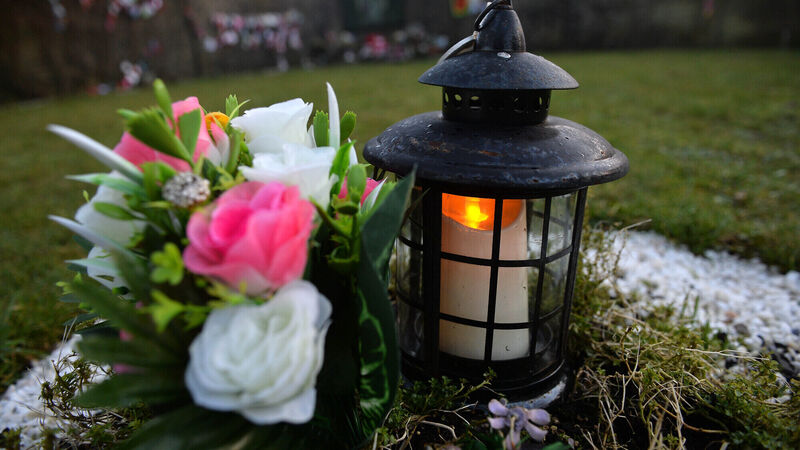Joyce Fegan: Reclaiming our sexuality from church and State

A candle is lit at the Tuam Mother and Baby burial site in Tuam. Picture: Ray Ryan
I'm not surprised about the shame and I'm not surprised about the shame around sexuality. But when you pare it all back, what was really shamed was new life.
When the Final Report of the Commission of Investigation into Mother and Baby Homes was published this week, so much of it was familiar to us.












